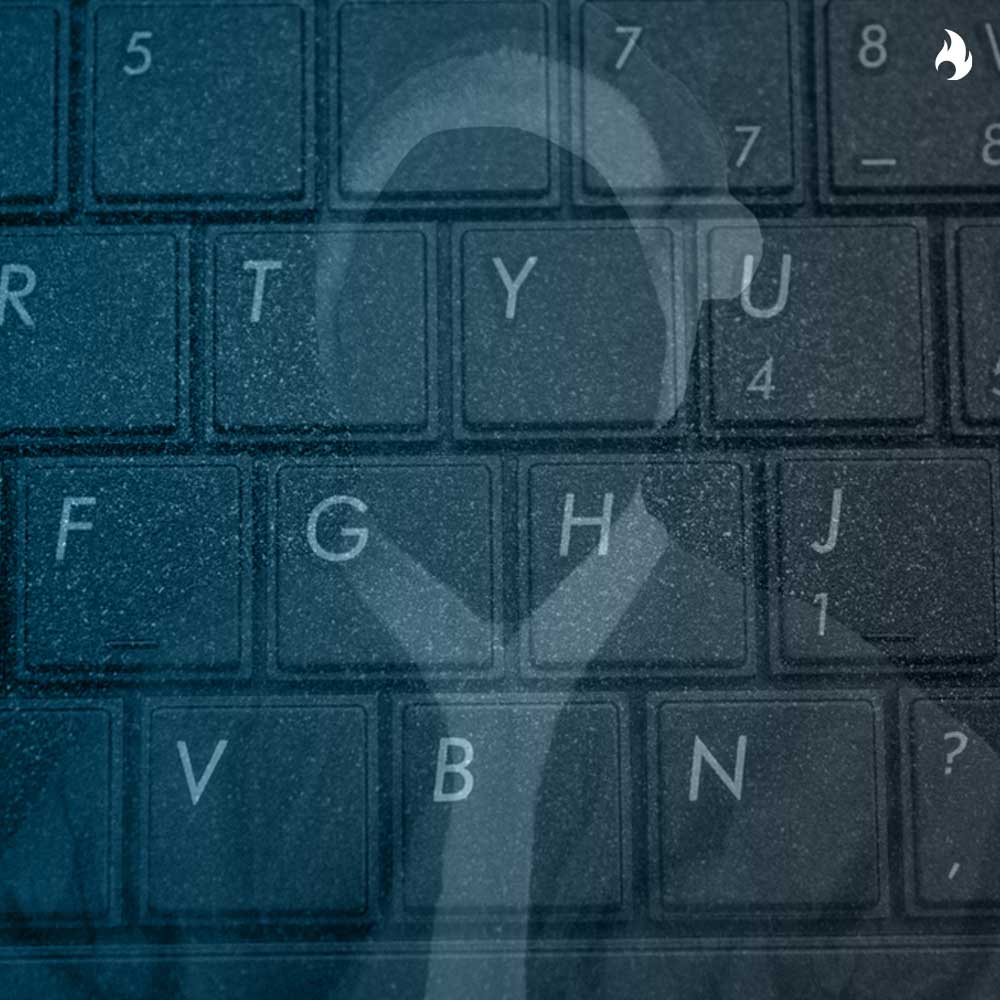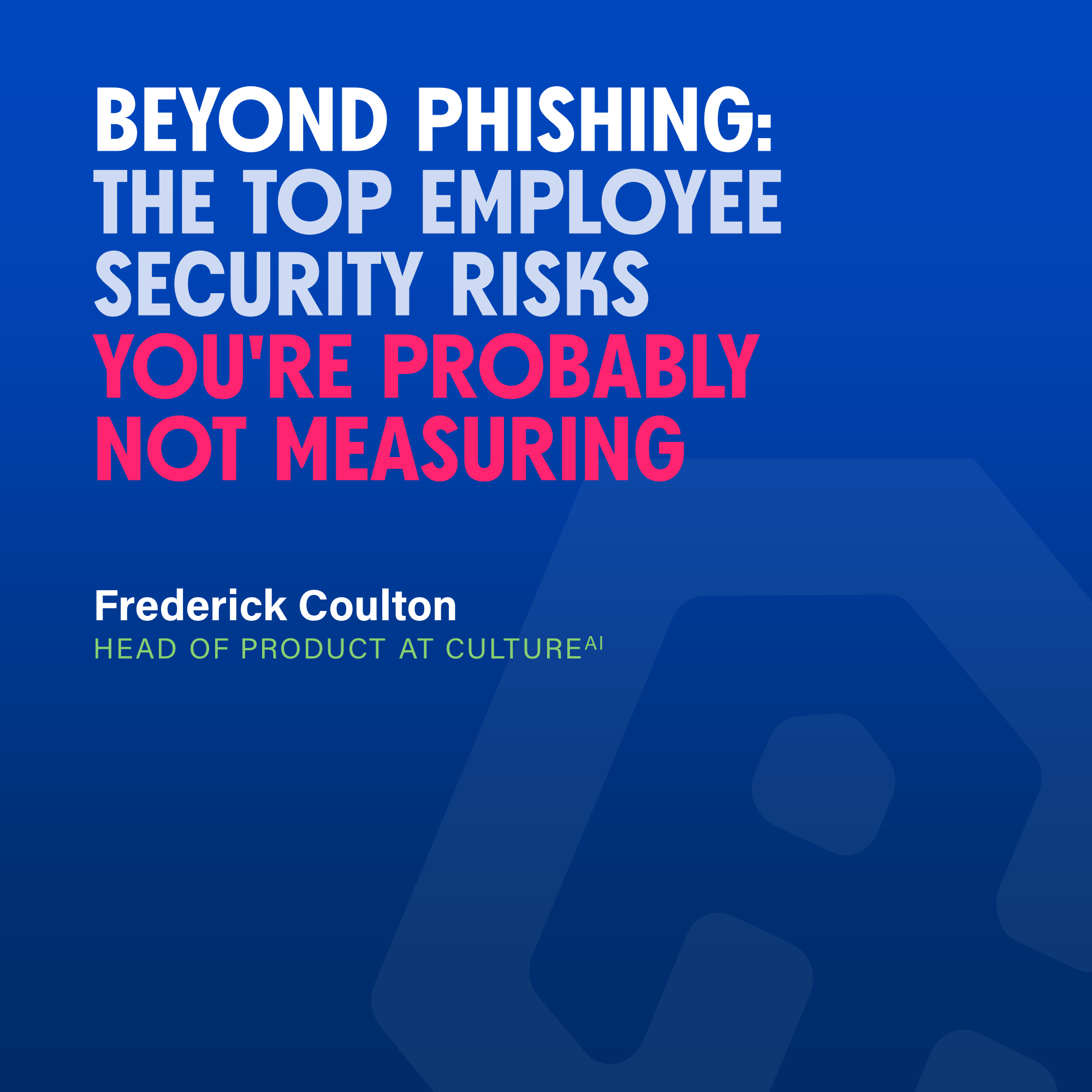Tis The Season To Be On Your Guard – The Threat of the Ho Ho Home Device
With a huge increase in shopping online over the festive period the cyber threat is heightened and the criminals are delivering more than just presents. Phishing , Malicious websites and Malware are just some of things the bad actors are putting bows on. With an increase in working from home and the use of personal devices the threat is not only to home devices but those very same devices being used as entry points into the corporate infrastructure . The home devices and home network now have become much more of a threat to the corporate world . Think twice before you click on anything this festive period.
Beware of Phishing Emails – Does it sound too good to be true?
Phishing is one of the most popular ways for criminals to steal your personal information and there is always a massive increase in these types of scams on and around the festive period where scammers know there will be an increase in general shopping leading up to Christmas. The speed, convenience and high return on investment makes phishing one of the easiest ways for cybercriminals to steal your personal data without you even knowing.
Be wary of any emails offering cash prizes or last-minute deals. These emails are designed to trick shoppers into clicking on a link which may appear to come from a well-known retailer. Trust your gut if you think there’s something not right about the email and delete it immediately.
Watch out for fake Websites – Do you recognise the Website?
This is one of the most popular ways criminals will try to trick shoppers into falling for their sales scams. The fraudsters will clone websites to dupe consumers into thinking they are shopping on a legitimate site. The website may appear almost identical to the real site; however, subtle changes can indicate that all is not as it seems.
Shop Securely – Is the website secure?
Before entering any information into a website, you should always check that the site is safe and secure. You should look for a padlock symbol in the address bar and check that the URL begins with a ‘https://’. The ‘S’ indicates the web address has been encrypted and secured with an SSL certificate. Without HTTPS, any data passed on the site is insecure and could be intercepted by criminal third parties. However, within the last year, there has been a significant increase in the number of phishing sites using SSL certificates, therefore it is worth checking the Privacy Policy, looking for the Google Safe Browsing.
Extra protection against Fraud with Credit Cards – How are you going to pay?
When possible, it’s always best to use a credit card when shopping online as it offers additional protection over other forms of payment. If a fraudulent purchase is made on your credit card, there’s a good chance your bank will reimburse you straight away. However, if a criminal steals your debit card details, they can clear out your personal account and it can be more difficult to reclaim the money.
Passwords, passwords passwords – Do you reuse your passwords?
You’ll have heard it a million times, but creating a strong password really is one of the easiest ways you can protect yourself from being hacked online. With so many passwords to remember, it can be tempting to use the same password for multiple accounts, however, this puts you at great risk of having your data stolen. If hackers can work out just one of your passwords, whether it’s a Facebook account or online banking details, they can potentially access every single account you have.
A passphrase is a sentence like a string of words that is memorable to you but difficult for anyone else to crack. The first letter of each word will form the basis of your password and letters can be substituted with numbers and symbols to make it even more secure.
If you would like any more information, please email info@ignition-technology.com.




